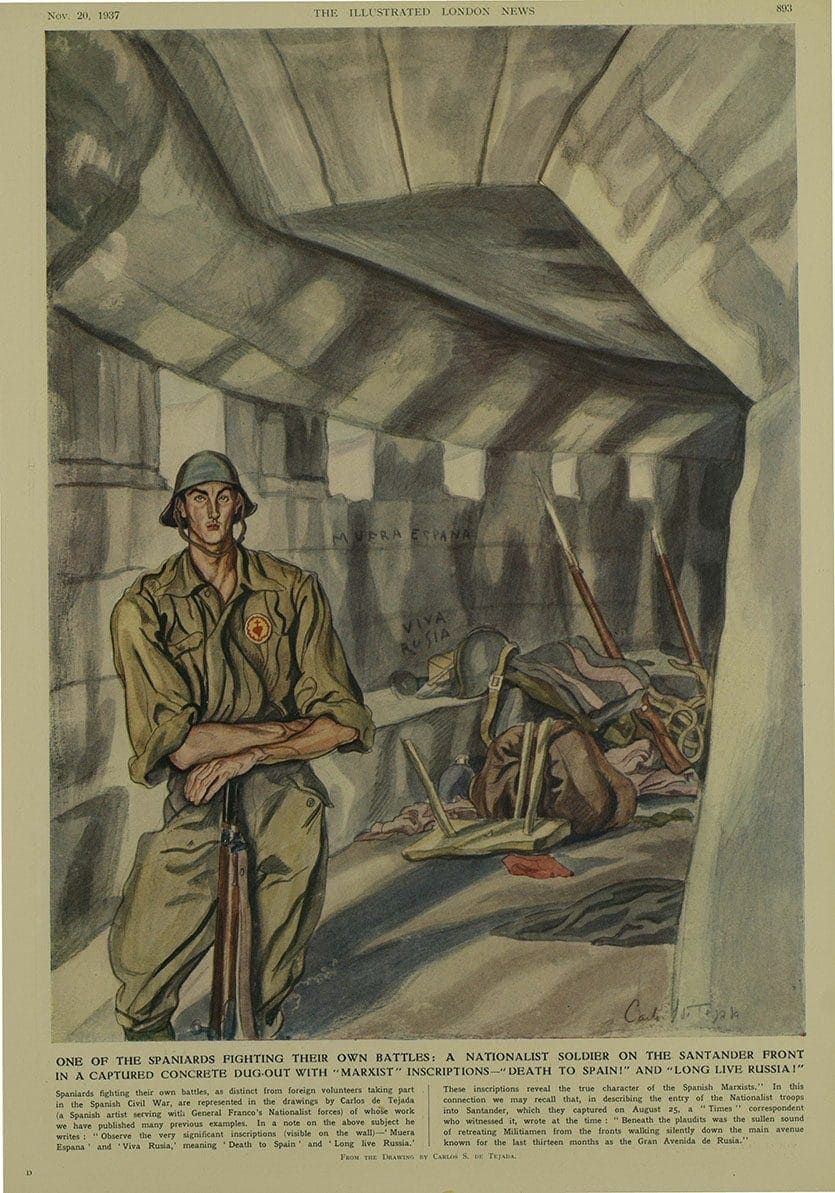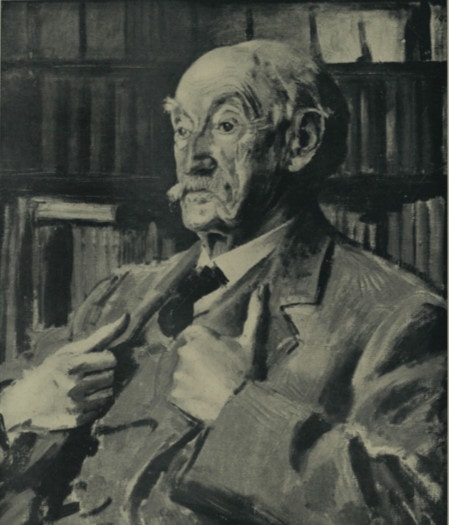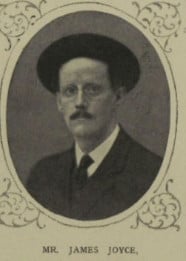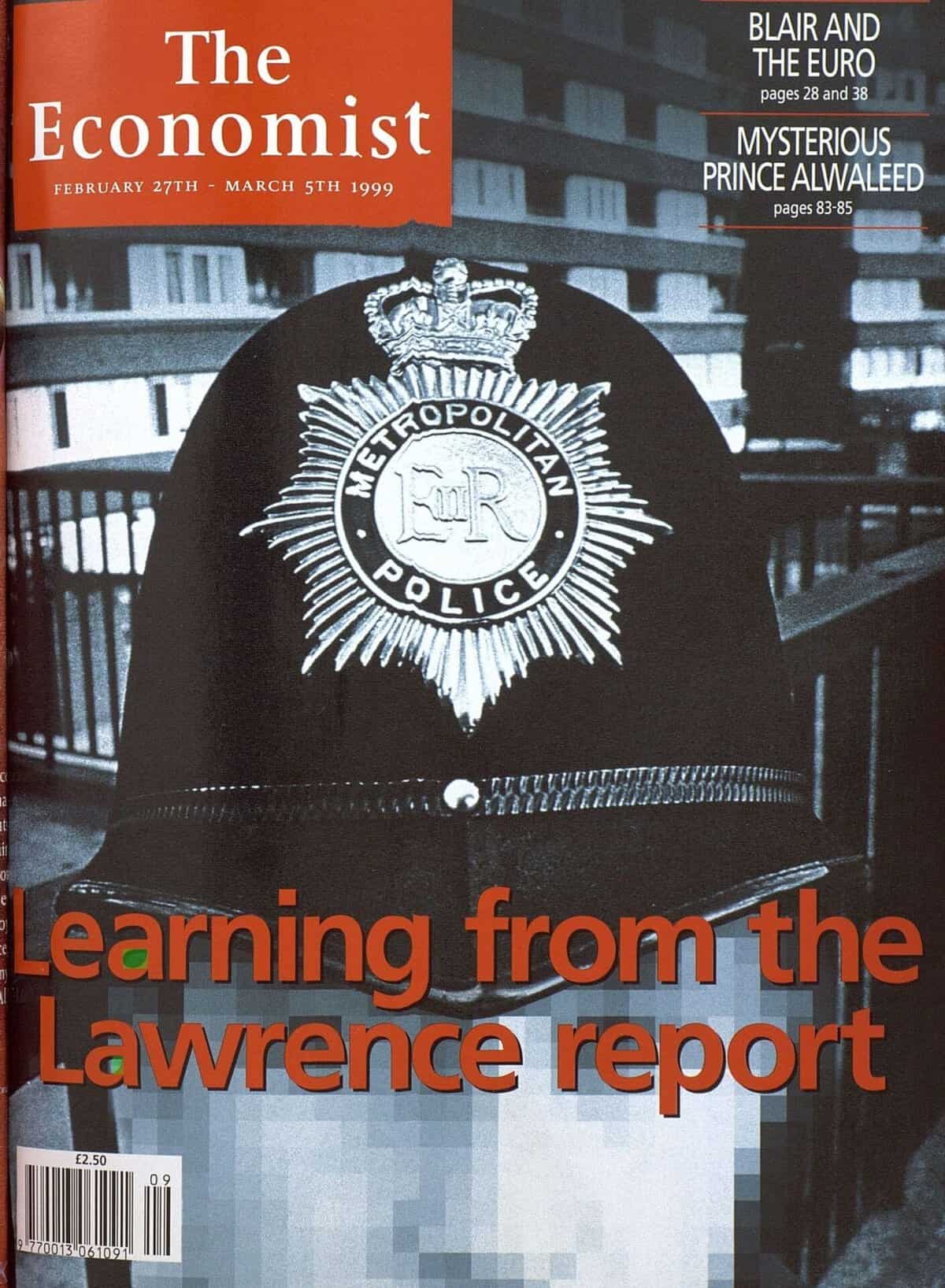By Anna Sikora, Gale Ambassador at NUI Galway
I hate it when parents do homework for their kids, but the last one tempted me enough to get involved! To deter my 15-year-old from using the plethora of lazily compiled websites cluttered with poorly researched material, I got her onto Gale Primary Sources. Her presentation, according to her history teacher, was beyond impressive. Plus, he could not believe how easily one can now access such primary source materials, and how uniquely valuable they are. The topic was simple: to research the family pet. We have a little Yorkie, so here goes the shortened version of my child’s homework… Today, Yorkies are tiny posh dogs which celebrities like to parade in their bags, grannies hold on their laps, and small kids pet in the park (to the horror of the owners), all forgetting that a terrier is the ultimate working dog: a snappy little ratter originally bred to catch rodents.





